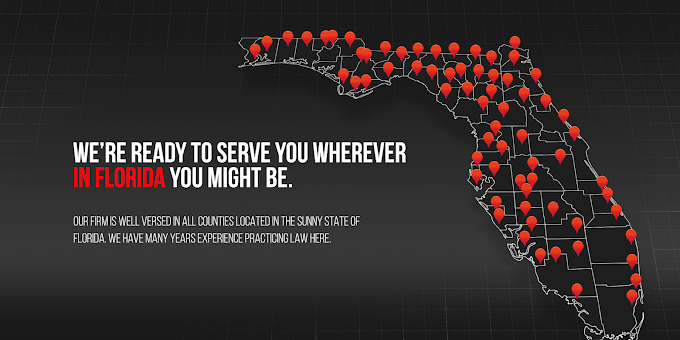






In Florida, felonies are serious criminal offenses with significant legal consequences. Understanding the various degrees of felonies in Florida is crucial, as they determine the severity of the crime and the penalties involved.
This article delves into the different degrees of felonies in the Sunshine State, their definitions, and the associated penalties. Whether you’re seeking to bolster your knowledge of criminal defense or simply curious about Florida’s legal landscape, this comprehensive guide will shed light on what constitutes a felony in Florida and how it differs from misdemeanors.

A felony in Florida is a grave criminal offense that may lead to significant penalties, including incarceration. Felonies are more severe than misdemeanors and are categorized into different degrees of felony based on the severity of the crime.
The list of felonies in Florida encompass a wide range of criminal activities, including but not limited to:

In Florida, felonies are categorized into five degrees of felony, each representing varying severity and carrying distinct penalties. These levels of felony are as follows:
First-degree felonies are the most severe criminal offenses in Florida. They often involve violent crimes, such as murder or armed robbery. Some white-collar crimes, like embezzlement of large sums, can also fall into this category.
Second-degree felonies include crimes like sexual battery, aggravated assault, and certain drug trafficking offenses. These crimes are serious but not as extreme as first-degree felonies.
Third-degree felonies include grand theft, certain drug possession crimes, and certain types of fraud.
Life felonies involve crimes like kidnapping, carjacking, and certain sexual offenses. These offenses are highly serious, although they do not qualify as capital felonies.
Capital felonies represent the gravest offenses in Florida, typically involving extremely heinous acts. Such instances could include actions such as the fatal shooting of a law enforcement officer or the perpetration of multiple homicides.
Also Read: How Long Can A Felony Charge Be Pending in Florida?
Penalties for felonies in Florida vary based on the degree of the offense. Below is a breakdown of the potential consequences associated with each degree:

In Florida, the primary distinction between misdemeanors and felonies lies in the severity of the offense and the associated penalties. Misdemeanors, such as petty theft or simple assault, result in relatively minor penalties, including fines, probation, and short jail terms. Felonies, which comprise more severe crimes like murder and drug trafficking, carry heavier penalties, including substantial fines and longer prison sentences.
Convictions for both misdemeanors and felonies create criminal records, but felony convictions have more profound implications for future opportunities and civil rights. The legal process for felonies is typically more intricate, involving grand jury indictments and lengthier court proceedings, while misdemeanors are processed more expediently.
Convictions for felonious offenses can leave a lasting impact on an individual’s criminal record. In Florida, a felony conviction typically remains on your record permanently unless you take steps to expunge it.
Here is a breakdown of the general statute of limitations timeframes for various felony classifications:
Check how long does a felony stay on your record in Florida for a more detailed discussion.
If you’re curious about expunging your criminal records in Florida, Erase the Case offers a straightforward solution. Our team of experts specializes in clearing your record with ease. We leverage our legal expertise to assess your situation, serve as your advocates, and navigate the legal intricacies. Whether it involves negotiating for favorable settlements, providing strong courtroom representation, safeguarding your rights, or exploring expungement possibilities, we’re committed to achieving the best outcome for your specific legal needs. Your concerns are our top priority, and we offer a personalized approach to legal representation. Don’t hesitate to get in touch with us today!
The most serious felony in Florida is a capital felony, which is commonly penalized with either the death penalty or life imprisonment with no opportunity for parole.
There is no specific limit to the number of felonies in Florida, but each felony conviction carries its own set of penalties.
In Florida, charges related to theft may range from felonies to misdemeanors, contingent upon the stolen property’s value and additional contextual elements. Stealing $1,000 may result in felony charges.
The threshold for felony charges in theft cases in Florida varies, but stealing under $750 typically results in misdemeanor charges.
Yes, the act of car theft in Florida is categorized as a felony, and the seriousness of the charge hinges on the specific situation and the assessed value of the stolen vehicle.
Shoplifting in Florida may lead to either felony or misdemeanor charges, contingent upon the worth of the stolen goods and any previous criminal convictions.

























